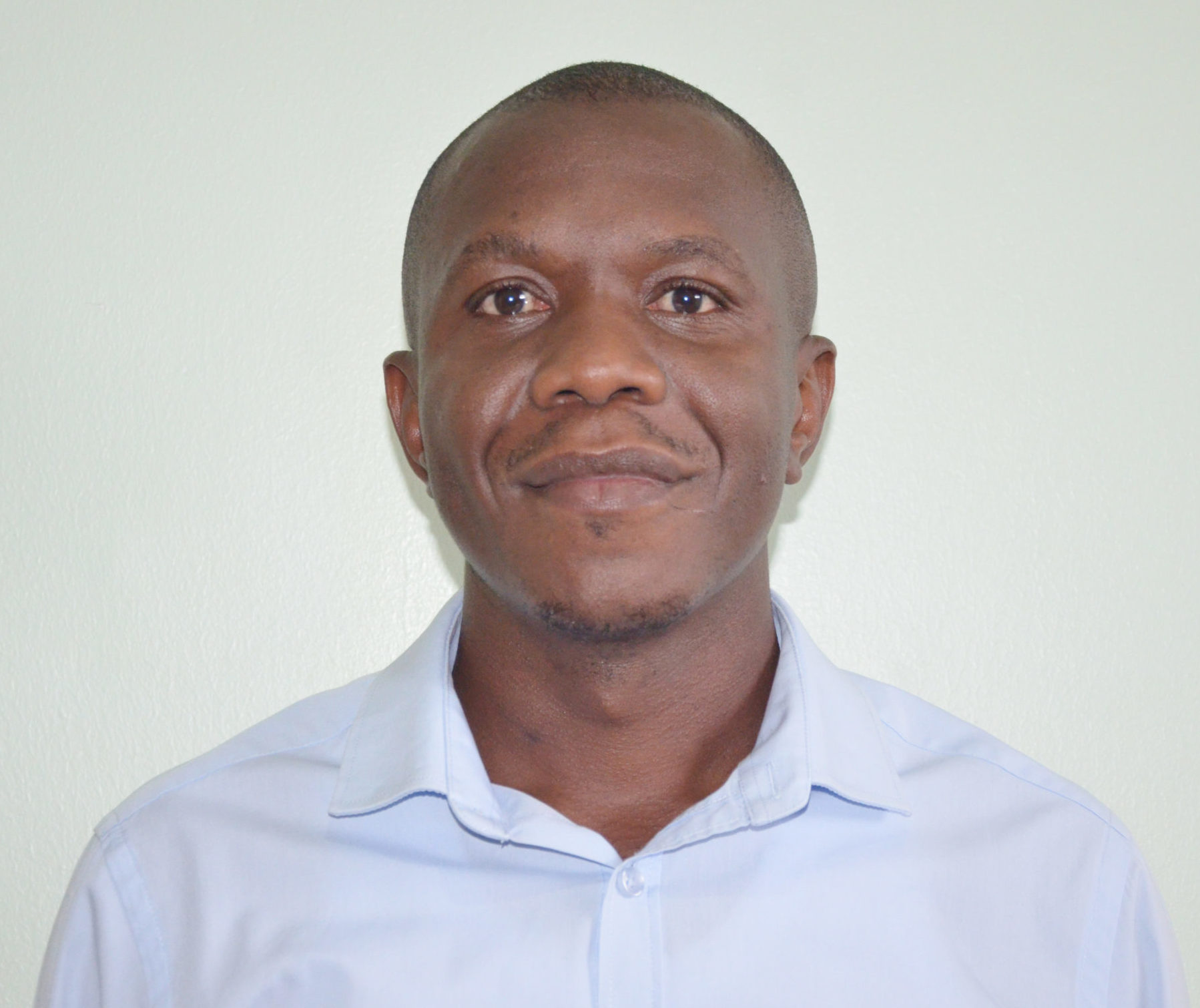Christopher Baguma | Community participation and COVID-19
Community health was an idea mooted by world leaders in 1978 that created the Declaration of Alma-Ata, which reaffirmed access to health as a fundamental human right and identified primary health care as the key to attaining the goal of health for all. During the 30th anniversary of Alma-Ata in 2008, leaders discussed the role of primary health care in achieving the United Nations’ Millennium Development Goals. This led to rejuvenated calls for use of community health workers (CHWs) as a form of community participation.
Since the Alma-Ata declaration, successive Ugandan governments have acknowledged the relationship between health and poverty and in the 1990s, with the help of development partners, community health interventions were implemented. In 1999, Uganda’s health policy included community empowerment and mobilisation for health as key elements of the national minimum health care package and subsequently made a commitment to the Abuja Declaration of 2001 This also demonstrated the benefits of community-based interventions and opened the way for a strategy based on Village Health Teams (VHTs). The National Village Health Team (VHT) strategy and guidelines in Uganda were developed in 2000 and by 2003 country-wide roll outs of the VHT strategy had commenced. VHTs are lay people, working in a voluntary capacity, acting as a link between the formal health sector and their communities. They are given basic training on major health issues, including childhood diarrhea, malaria and pneumonia, and play a role in disease surveillance through activities such as data collection and reporting.
In the wake of COVID-19, the Government of Uganda under the leadership of President Yoweri Museveni issued guidelines initially including the closure of all schools and places of worship for 30 days and the suspension of travel both in and out of the country with the hope that such measures will slow the spread of the disease. However, as the number of infections increased and the president announced more guidelines ranging from quarantine, restricted internal movements and a curfew. These preventive measures are certainly a good start, but they may not be enough, especially given the systemic and deep-rooted challenges facing Uganda’s public health system.
However, there is no clear mechanism from the Ministry of Health that links communities with existing health care services which is done by the Community Health Workers and Village Health teams using community-based approaches. Accessing health facilities is challenging and expensive for those living in remote and rural areas. Most of the information regarding the COVID-19 pandemic is in English, which means rural communities might not have access to or might find it difficult to understand publicly available information. This raises challenges in accessing timely and relevant information as well as health services. Prolonged periods of quarantine and movement restrictions are causing emotional unrest and anxiety, gender-based violence including sexual exploitation, interrupted access to sexual and reproductive health services, including access to family planning within the communities.
To address all these issues, the communities must meaningfully participate in health programmes at the local level. The government should therefore engage community health workers and village health teams to increase coverage and cost-effectiveness of health services delivery in the COVID-19 period. To the CSOs, use the existing community structures like peers, champions and paralegals, among others in rural and urban areas to engage these structures to build strong grassroots coalitions that could reach out to the marginalized communities in the response to COVID-19.
Center for Health, Human Rights and Development (CEHURD) in the fight to reduce the spread of COVID-19 has engaged its community structures; known as Community Health Advocates (CHAs) by designing communication materials highlighting COVID-19 prevention strategies and a toll free line 0800313131 to report any health issue arising within the community that need our intervention. The CHAs work with communities to navigate the healthcare system at the local level by providing information on health, community resources and their rights to health. They work with the communities in identifying and reporting health issues and concerns to the duty bearers. These CHAs have a strong understanding of the healthcare system and resources available within the community as they provide health education to the community related to disease prevention, screenings, and health practices. They do promote community action and garner support to motivate them to seek specific healthy policies by engaging local authorities, healthcare providers and other organisations to develop a more coordinated approach in accessing health services. The coordinated approach is realised due to the existing structure which starts from the community, parish, sub-county and district level with the leadership of the district coordinator and strategic support and coordination from CEHURD secretariat.
The writer is the Programme Manager -Knowledge Management Program at Center for Health, Human Rights and Development (CEHURD)
A version of this article was originally published in the Daily Monitor.

